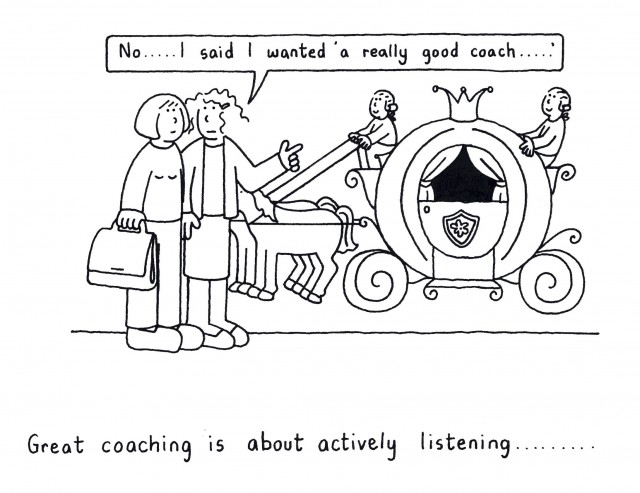Having spent the last three days in New Orleans with a team of TED fellows and a group of volunteers whose only job was to help these incredibly inspiring young men and women bring their vision to life, I feel small and big at the same time. Small because I realized that while the power of one is mighty – the collective strength of truly bonded and focused units are remarkable. But, I also feel big. Or rather I feel that my heart got bigger – and swelled and opened up to make room for more.
There are so many moments in life where words are so frustratingly inadequate to express the depth and power of emotion.
Somehow, this IS the dawn of a new era. When so much brain (and will) power and determination is assembled in one place – and the goal is to help bring these life- changing projects to life, and you live the passion, the frustration, the anxiety, the stubbornness that no matter what – success is within grasp – you can’t help but feel alive and big, and humble and fulfilled. And you feel great. And you are part of something significant, and inspiring and life-changing and that’s what matters most. Not the money, the glory, the power games, the trivial and tiny little things that cloud judgments, minds and thoughts.
The unsung heroes of this two-day conference were many.
Adital Ela, the visionary designer whose sustainable design creates light though the wind without connection to the electric grid was one of these people. As her coach, I am humbled by her life-work and I pledge my support throughout the duration of her project.
But there are so many inspiring young TED Fellow visionaries who are already changing the world. Have a look and be inspired, too.
PS: There are many heroes in this story. The TED fellows, Ruth-Ann and Bill Harnisch of the Harnisch Foundation, Renee Freedman, Tom Rielly, TED team members and so many volunteers (coaches, mentors and business people who took time off to offer their guidance) . They are all unique and I thank them for making this a treasure to hold forever.
See related post by TED fellow, Jon Gosier.
 It’s the
It’s the  Reading the article, I couldn’t help but think it was giving advice on how to be a better team leader. But what made me pause was this: “their mission was to devise something far more important to the future of Google Inc. than its next search algorithm or app.”
Reading the article, I couldn’t help but think it was giving advice on how to be a better team leader. But what made me pause was this: “their mission was to devise something far more important to the future of Google Inc. than its next search algorithm or app.” 
 What interests me is helping sharp, intelligently curious people overcome barriers that may be keeping them from achieving more. Passion and boldness can make the art and science of leading easier to navigate. So, have fire; feel with your brain; don't be afraid.
What interests me is helping sharp, intelligently curious people overcome barriers that may be keeping them from achieving more. Passion and boldness can make the art and science of leading easier to navigate. So, have fire; feel with your brain; don't be afraid.
